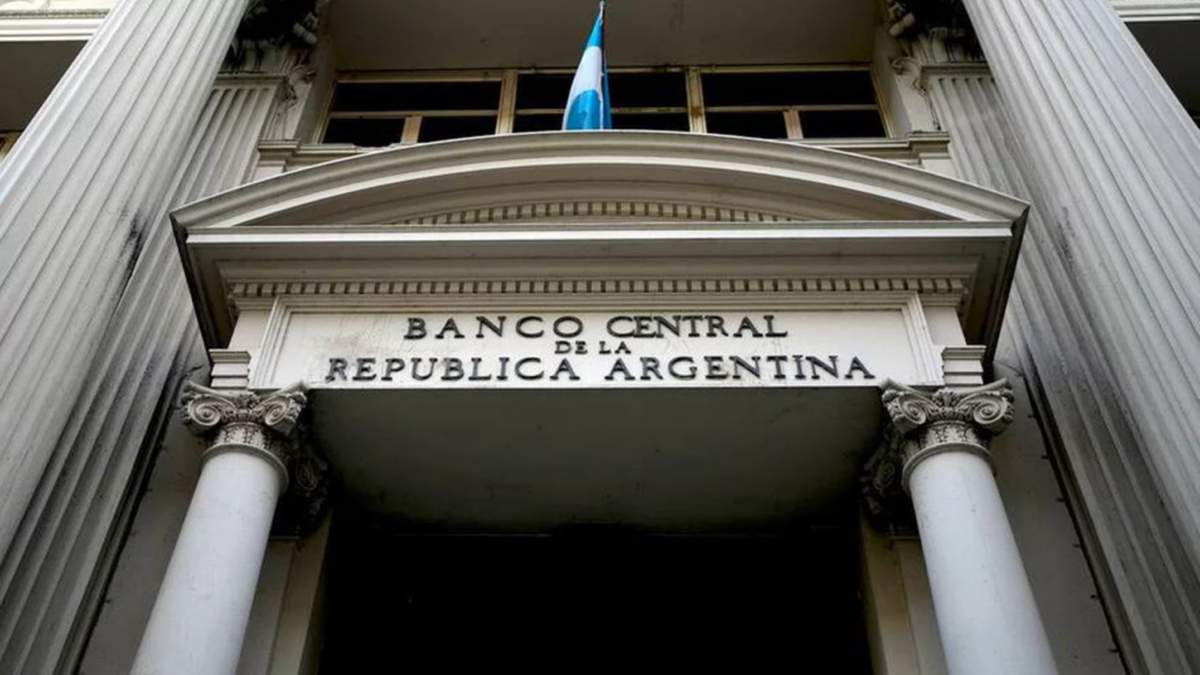After Tyrol’s regional councilor Günther Platter (ÖVP) assumed that he would be able to negotiate finances with the current federal government in the future, the speakers made their demands. For example, they want to discuss the recently introduced tax reform and define how the reform should be financed.
Video: Platter stands behind Kurz
This video is disabled
Please activate the categories Performance cookies and Functional cookies in your cookie settings to display this element. My cookie settings
However, the finance officers do not want to unravel the tax reform again, emphasized Platter. “I stand by reform,” he said. Rather, it is about determining the financial flows. After all, states, cities and municipalities were not involved in the negotiations, noted the state chief, who currently chairs the governor’s conference and is himself a finance officer. The negotiations are expected to take place before the next governor’s conference in November. Finance Minister Gernot Blümel (ÖVP) was not present himself but was switched on via video.
Controversial issue of the climate bonus
In the run-up to the conference, the Viennese city government had heard dissatisfaction about the climate bonus of the tax reform. Vienna’s mayor Michael Ludwig (SPÖ) recently complained because Vienna is the only municipality that falls into the lowest level. The Viennese receive 100 euros per person, everywhere else it is at least 133 euros. Councilor for Finance Peter Hanke (SPÖ) was optimistic before the conference that changes were still possible.
In addition, the finance officers want the federal government to compensate for loss of income in health financing and corona costs. Because it is clearly regulated by law: “The pandemic costs have to be borne by the federal government,” said Platter. Overall, the countries have submitted around 1.9 billion euros for corona expenditure, around half of which has already been repaid. Platter demanded a “quick and unbureaucratic payment”.
Salzburg’s LHStv. Christian Stöckl (ÖVP) reported that the federal states had to deal with severe losses in the area of hospitals. “We need the support of the federal government here,” he said. This should be around 600 to 700 million euros nationwide. Platter announced that this “sack” should be closed by the coming provincial governors’ conference.
In addition, an agreement was reached with the federal government on the extension of the financial equalization until the end of 2023. In addition, an investment package will be set up for the federal states, which should be “at least 500 million euros”, according to Platter. The funds for this come from the EU Resilience Fund, which provides EUR 3.5 billion for Austria. Explanation: The federal states also pay Austria’s EU contributions and are now receiving back 500 million for investments in digitization and sustainability.
Furthermore, after the development and resilience plan has been completed at the federal level, the total amount of the grant to the federal states is to be increased to 17.5 percent of the funds actually allocated to Austria in the development and resilience plan. The money from the investment package should flow in as early as the first quarter of 2022 and support projects that have to do with sustainability and energy, said Platter.
Anton Lang, SPÖ-LHStv. of Styria, also appealed to Transport Minister Leonore Gewessler (Greens) to set up a “rescue package for public transport”. In Styria, for example, around 30 percent of passengers would be absent due to a pandemic.
Vorarlberg’s governor Markus Wallner (ÖVP) assumed to the APA that between 20 and 25 million euros of the funds from the development and resilience fund will flow to Vorarlberg, which is “urgently needed”. Wallner expected an agreement in the now intensified negotiations on the replacement of the loss of income in health financing by November. In Vorarlberg alone, 20 million euros were missing. The settlement of the pandemic costs with the federal government, which Wallner complained about several times in the past, is now running better, even if one “still has to look closely at the question of personnel costs”. He did not want to comment on the government crisis for the time being, “this is not a country issue”. The governors are trying to achieve stability, “day-to-day business continues”.




